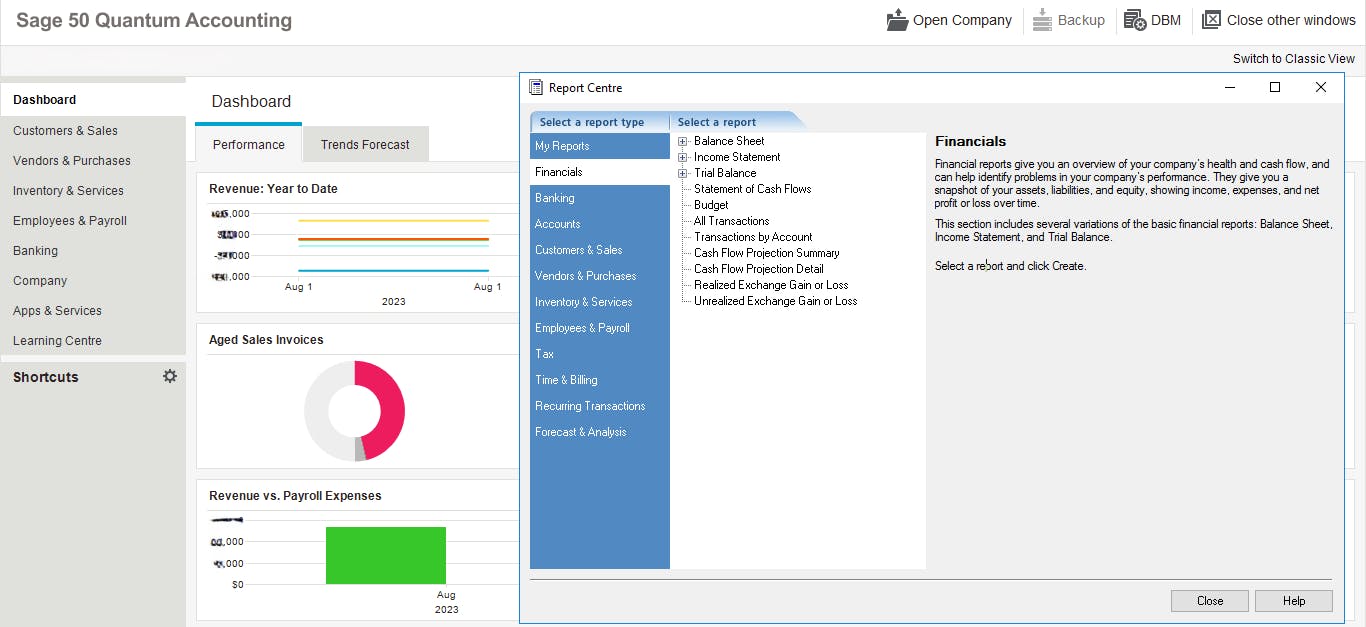
Navigating Margins in the Accounting Industry - Insights for Success
As an accounting professional, understanding and managing margins is crucial for the success of your firm or practice. Let's dive into the world of margins and explore some insights to help you navigate this landscape successfully.

Margins are typically measured as the percentage of revenue that remains after deducting direct costs associated with providing services. These direct costs can include salaries and benefits for staff members working on specific client engagements, software and technology expenses, and other project-related expenses.
For example, if your firm charges a client $50,000 for an audit engagement, and the direct costs associated with that engagement are $30,000, your margin would be 40% ($20,000 profit divided by $50,000 revenue).
It's important to note that margins in the accounting industry can vary significantly based on factors such as the type of service provided (e.g., audits, tax preparation, consulting), the complexity of the engagement, and the level of expertise required.
The Importance of Healthy Margins
Maintaining healthy margins is essential for the long-term sustainability and growth of your accounting practice. Here are a few reasons why:
- Profitability: Higher margins translate directly into increased profitability, which is the ultimate goal of any business. Profitability allows you to reinvest in your firm, hire and retain top talent, and provide competitive compensation packages.
- Flexibility: Healthy margins provide a buffer against unexpected costs or fluctuations in revenue. This flexibility can be invaluable during economic downturns or periods of increased competition.
- Scalability: As your firm grows, maintaining healthy margins becomes even more critical. With higher margins, you can invest in the resources and infrastructure needed to support growth without sacrificing profitability.
Strategies for Improving Margins
Now that we understand the importance of margins, let's explore some strategies to help you improve and maintain healthy margins in your accounting practice:
1. Pricing Strategy
Your pricing strategy is arguably the most critical factor in determining your margins. It's essential to strike a balance between competitive pricing and ensuring that your fees adequately cover costs and provide a reasonable profit margin.
One effective approach is to use value-based pricing, where you price your services based on the perceived value to the client rather than solely on the time and resources required. This can help you command higher fees and better margins, especially for high-value, complex engagements.
Additionally, consider implementing a pricing structure that incentivizes efficiency and productivity. For example, you could offer fixed-fee arrangements for certain services, which can motivate your team to streamline processes and work more efficiently.
2. Cost Management
Effective cost management is another critical component of maintaining healthy margins. Regularly review your expenses and look for opportunities to reduce costs without compromising the quality of your services.
Consider leveraging technology to automate processes and increase efficiency. Investing in the right software and tools can help your team work more productively, reducing the time and resources required for each engagement.
Additionally, carefully manage your overhead costs, such as office space, utilities, and administrative expenses. Look for opportunities to optimize these costs or explore alternative arrangements, such as remote work or shared office spaces.
3. Client Selection and Management
Not all clients are created equal when it comes to margins. Some clients may be more profitable than others due to factors such as the complexity of their needs, their industry, or their willingness to pay premium fees.
Develop a client selection strategy that prioritizes high-value, high-margin engagements. This may involve turning away clients that are unlikely to generate healthy margins or requiring minimum fee levels for certain services.
Additionally, effective client management can help you maintain healthy margins. Communicate clearly with clients about your fees and billing practices, and set expectations upfront regarding the scope of work and any potential additional costs. This can help prevent scope creep and ensure that you are adequately compensated for your services.
You may also want to learn about how to use AI such as GPT4 to benefit your accounting practice.
4. Professional Development and Specialization
Investing in the professional development of your team can pay dividends in the form of higher margins. By continuously enhancing the skills and expertise of your staff, you can position your firm as a provider of high-value, specialized services that command premium fees.
Encourage your team members to pursue relevant certifications, attend industry conferences and training sessions, and stay up-to-date with the latest trends and best practices in the accounting field.
Additionally, consider developing specialized practice areas or industry verticals within your firm. By becoming experts in specific domains, you can differentiate your services and justify higher fees based on your specialized knowledge and experience.
5. Strategic Partnerships and Outsourcing
In some cases, forming strategic partnerships or outsourcing certain functions can help you improve margins. For example, you could partner with complementary service providers, such as legal firms or financial advisors, to offer bundled services and tap into new revenue streams.
Alternatively, you could consider outsourcing certain non-core functions, such as IT support or administrative tasks, to third-party providers. This can help you reduce overhead costs and focus your resources on revenue-generating activities.
Final Thoughts
Navigating margins in the accounting industry is a constant balancing act, but one that is essential for the success and growth of your practice. By implementing effective pricing strategies, managing costs efficiently, carefully selecting and managing clients, investing in professional development, and exploring strategic partnerships and outsourcing opportunities, you can position your firm for long-term profitability and sustainability.
Remember, healthy margins are not just a numbers game – they are a reflection of the value you provide to your clients and the efficiency with which you operate. Embrace a margin-focused mindset, and you'll be well on your way to achieving success in the competitive world of accounting.
